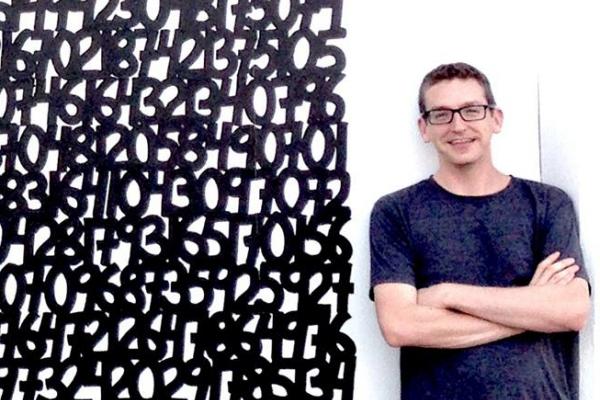
Title: Virtually slice knots and the generalized Alexander polynomial
Speaker: Micah Chrisman (Ohio State University)
Abstract: In 1994, Jaeger, Kauffman, and Saleur introduced a determinant formulation for the Alexander-Conway polynomial based on the the free fermion model in statistical mechanics. This can be used to define an invariant of knots in thickened surfaces $\Sigma \times [0,1]$, where $\Sigma$ is closed and oriented . The usual Alexander-Conway polynomial for knots in the $3$-sphere can be recovered from this construction. For knots in $\Sigma \times [0,1]$, with $\Sigma \ne S^2$, the JKS polynomial gives something new. Sawollek further showed that the JKS polynomial is an invariant of virtual knots. This invariant has been studied from many different perspectives (e.g. using biquandles, the extended knot group, and the virtual knot group) and is now commonly known as the generalized Alexander polynomial.
A knot $K \subset \Sigma \times [0,1]$ is said to be virtually slice if there is a compact connected oriented $3$-manifold $W$ and a disc $D$ smoothly embedded in $W \times [0,1]$ such that $\partial W=\Sigma$ and $\partial D=K$. This definition is due to Turaev. Here we show that the generalized Alexander polynomial is vanishing on all virtually slice knots. To do this, we also prove that Bar-Natan's ``Zh'' correspondence and Satoh's Tube map are both functorial under concordance. The result is applied to determining the slice status of many low crossing number virtual knots.
This project is joint work with H. U. Boden Virtural Concordance and the Generalized Alexander Polynomial [pdf].
Seminar URL: https://www.coreyjonesmath.com/qaqt-seminar-osu
